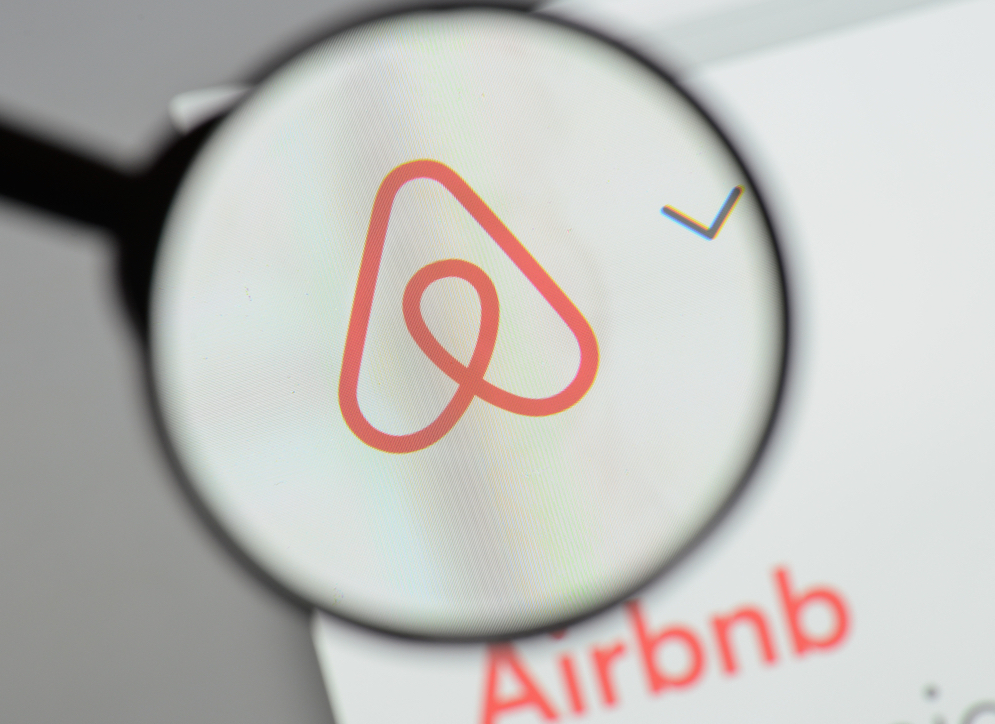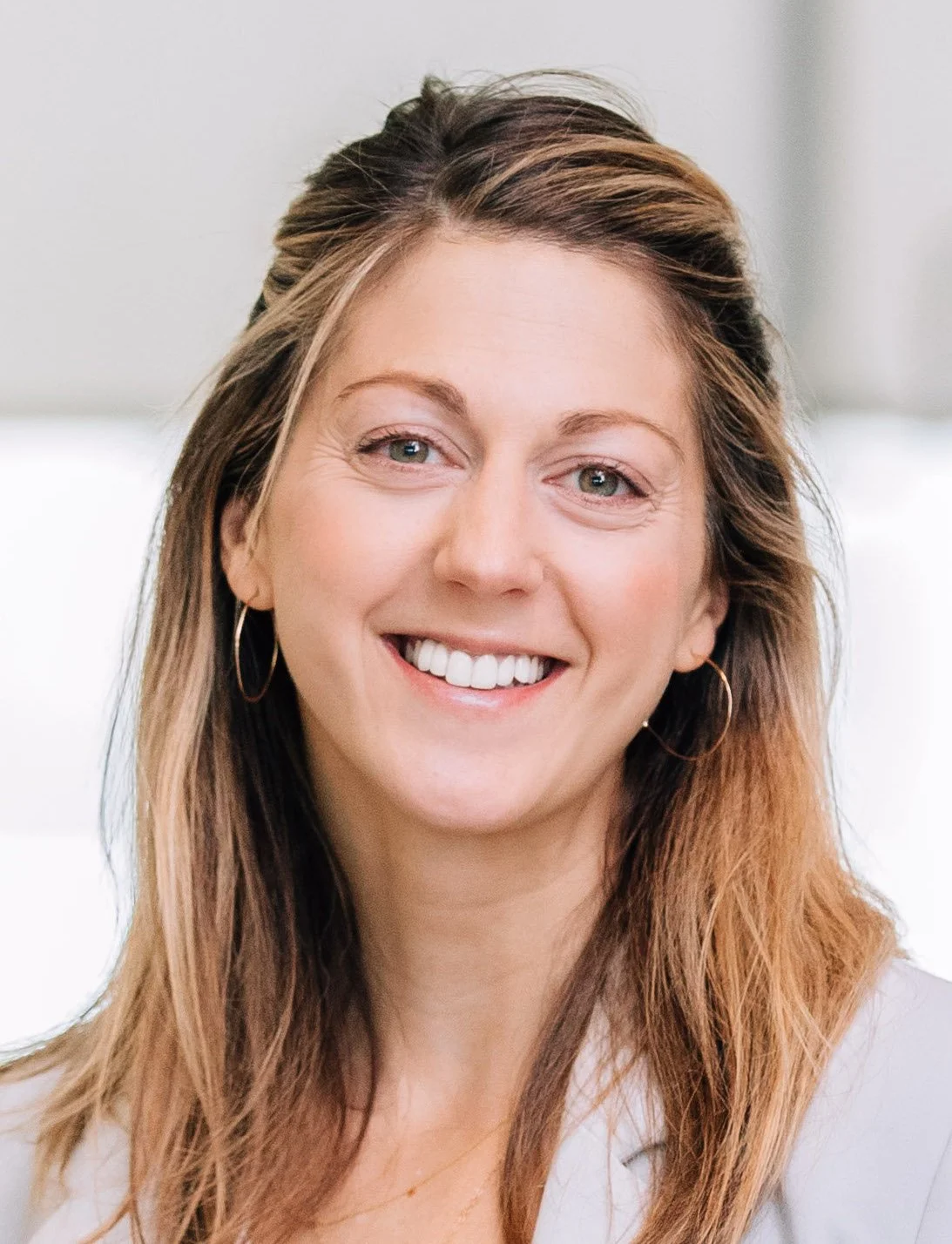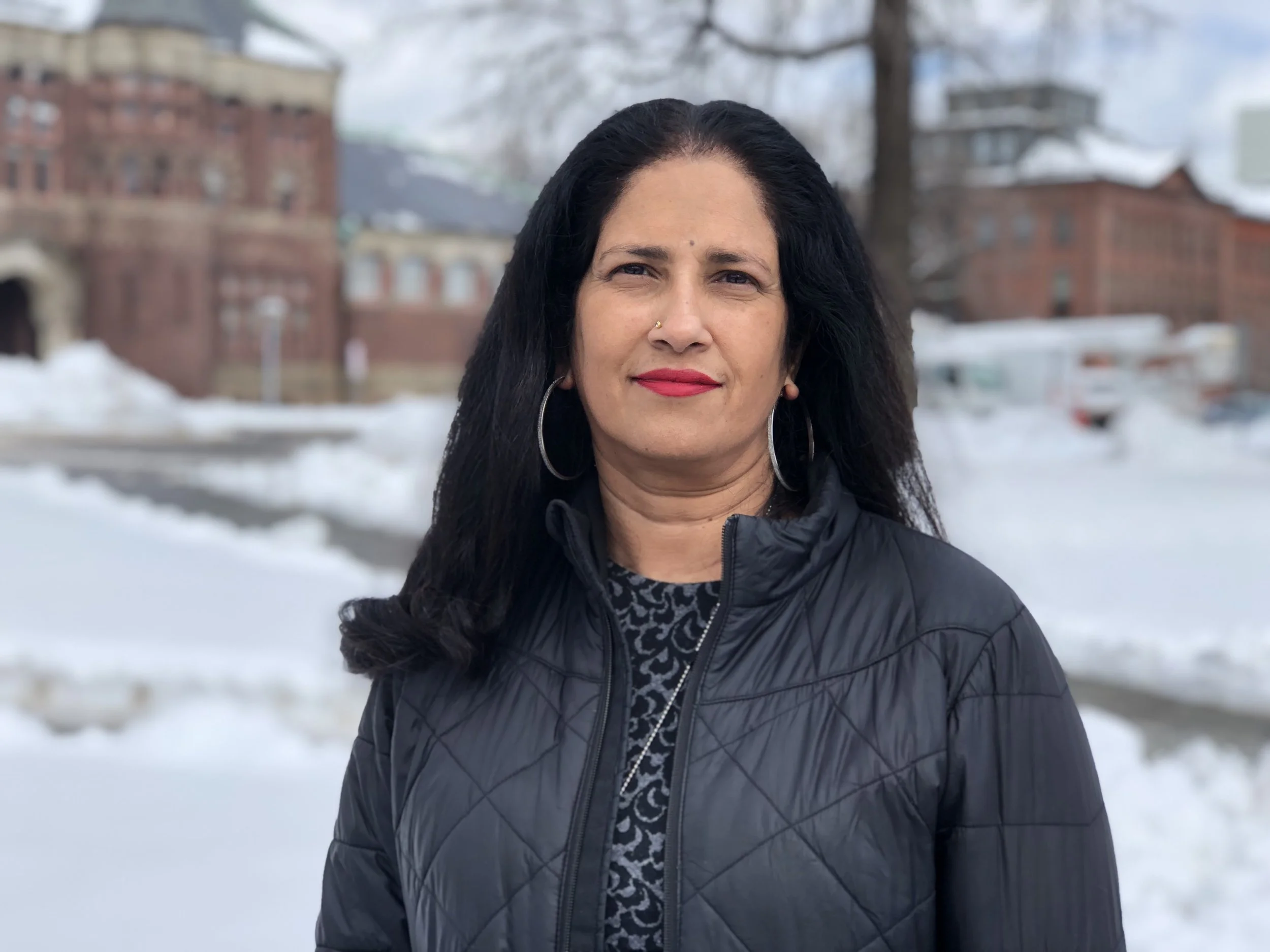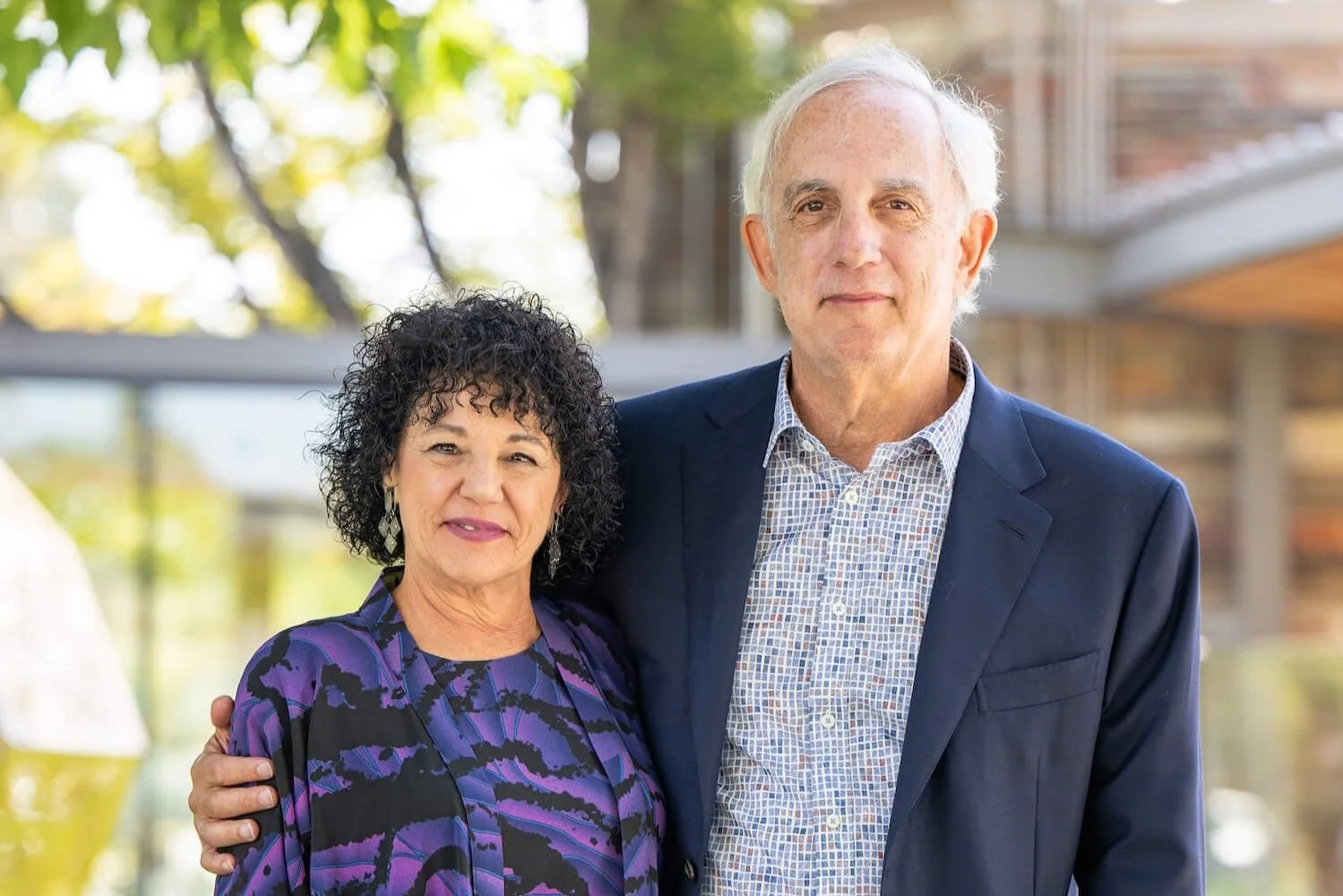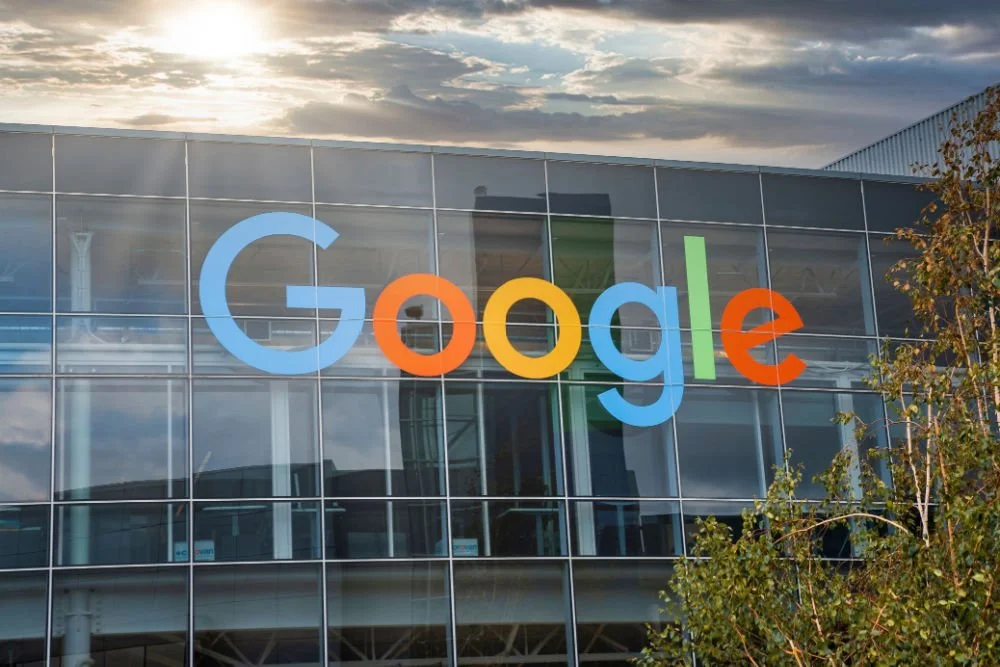Three Under 40: What to Expect When Airbnb's Billionaire Founders Ramp Up Their Giving
/photo: Casimiro PT/shutterstock
There are several young tech philanthropists we watch closely, like Mark Zuckerberg, 33, who's scaling up a major philanthropic enterprise with his wife Priscilla. And Dustin Moskovitz, 33, who, along with his wife Cari Tuna, is giving away millions for global health and development, farm animal welfare, criminal justice, and more. We also keep an eye on Sean Parker, 38, who's pumping big money into cancer immunotherapy research, along with other interests.
An obvious takeaway of this coverage is that some of the big recent winners of the tech sector aren't waiting until their 50s or later to give in a large-scale way. Maybe less obvious is that many of these givers see themselves as embarking on long-term philanthropic efforts. With an extended timetable, they have quite a lot of time to deploy their money as they learn more and refine their interests.
Meanwhile, waiting in the wings behind people like Zuckerberg and Parker, are other young tech billionaires, including the three cofounders of Airbnb, the lodging online marketplace founded in the Bay Area in 2008. Brian Chesky, 36, Joseph Gebbia, 36, and Nathan Blecharczyk, 34, co-founded Airbnb and are each worth $3.8 billion. Last year, the triumvirate signed the Giving Pledge, committing to give away the majority of their wealth to philanthropic causes.
Let's quickly look at their Giving Pledge letters, which might provide some early insight into how these billionaire founders will give and what they're into. Remember, we're in the early stages, here, and none of these founders is giving through a formal family foundation yet.
Let's start with the letter signed by Airbnb Chief Strategy Officer Nathan Blecharczyk and his wife Elizabeth, part of which reads:
We feel a responsibility to share our good fortune, and we pledge to dedicate the majority of our wealth over time to philanthropy. As we begin to think more about this, two themes stand out to us: the potential of children and of transformative ideas.
Blecharczyk started writing computer programs at 12, and began posting some of his work on the web. When he was a teen, someone offered him $1,000, and he began building business software. He credits his parents for helping him dream. Elizabeth, meanwhile, translated a Catholic school education to Wellesley and then Tufts Medical School. These days, she works as a neonatal hospitalist and clinical assistant professor at Lucille Packard Children's Hospital.
The couple's stated interest areas are rather broad, and include "education, scientific research, medicine, space exploration, conservation of the planet and more effective governance." Given Elizabeth's work in children's health and the couple's strong experiences with education, these seem like early bets for likely major giving. As Blecharczyk puts it, "Every day when Elizabeth is in the hospital, she sees how attentive care and positive interventions can make a profound difference in a child’s life."
The Blecharczyks are involved with St. Mary’s Center for Women and Children, where Elizabeth volunteered during medical school. Elizabeth serves on the board of advisors at Tufts University School of Medicine and the board of trustees of Newton Country Day School of the Sacred Heart, her Catholic school. They have also contributed to College Track, a California nonprofit that supports college-bound students from under-served communities.
Apart from the Bay Area, where the couple lives and works, it's worth noting that they're both Boston area natives, which may emerge as another site of philanthropy.
Next, let's look at CEO Brian Chesky's Giving Pledge letter, which focuses on the theme of "untapped potential."
We all live with unknown potential. The younger you are, the more unknown it is. But the clock ticks by each day of your life. And each day [that] someone young isn’t exposed to what is possible, their potential slowly dims.... With this pledge, I want to help more kids realize the kind of journey I have had.
Naturally, for someone with Chesky's pedigree, one big avenue for empowering youth lies in entrepreneurship; elsewhere, he's spoken about introducing young people to entrepreneurship: “My parents exposed me to a lot of things, but the one thing I wasn’t exposed to was entrepreneurism. I never met a CEO and I didn’t think that was possible.”
While Chesky and his other Airbnb co-founders plan to give away the majority of their wealth, it's important to remember that their company hasn't gone public yet. Chesky's letter provides a good reminder that large-scale money won't necessarily flow out of the door rapidly when it does: "The commitment is not made slowly—we’re ready—but how we want to give is something we want to be careful about. It’s a huge responsibility. You want to make sure you’ve thought it through.”
This emphasis on due diligence and learning, by the way, is something we've noticed with other young tech donors, especially Moskovitz and Tuna. While Silicon Valley philanthropists are often seen as hubristic and impulsive, we've gotten a different impression from looking at these folks up close. They really don't want to do stupid stuff. And they know they have plenty of time to get things right.
Like Chesky, Chief Product Officer Joe Gebbia also attended RISD. The two met at the school and brought their design chops to Airbnb. Gebbia's Giving Pledge letter also cites the power of entrepreneurship:
What I'm most grateful about in Airbnb's growth is that I've been able to see firsthand what happens when you open doors for entrepreneurs on a global scale. I've heard stories of people who started hosting out of necessity, then discovered a new source of income, and along the way, accumulated a richness of experience and a renewed self-confidence... My philanthropic contributions will aim to build pathways for future creatives and entrepreneurs, no matter what their age, gender or location, to achieve their dreams.
Gebbia seems especially grateful for his time at RISD, which he says helps forge "creative entrepreneurs." And wouldn't you know it, Gebbia serves on the board of trustees of his alma mater, and a few years back, donated $300,000 to RISD to establish a $50,000 term scholarship and an endowed fund. Expect one of Gebbia's key interests to be entrepreneurship.
Apart from these billionaire founders' emerging personal giving, which they say they plan to do independently, it's also worth looking at some of Airbnb's charitable and civic engagement. Post-Hurricane Sandy, Airbnb set up a program to connect people who were uprooted with free housing. The company also supports the United Nations High Commissioner for Refugees (UNHCR), through its campaign, BelongAnywhere, which aims to draw attention and financial support for refugees globally as they integrate into new communities. The program recently provided shelter for people displaced by fires in Fort McMurray, Canada, and floods in Paris, France.
At its best, Airbnb says the company isn't just about renting houses, but about "home." BelongAnywhere's introduction notes, "You see, a house is just a space, but a home is where you belong. And what makes this global community so special is that for the very first time, you can belong anywhere." Humanitarian and human services work also seem like something these tech founders could get behind in their personal philanthropy, as well.
I'll close with a reminder that we're still in the very early stages of giving for these billionaires. Still, with $11.4 billion between them (a net worth which may rise in the coming years), Gebbia, Chesky and Blecharczyk will be interesting to watch in the coming years as they start to fulfill their Giving Pledges.

